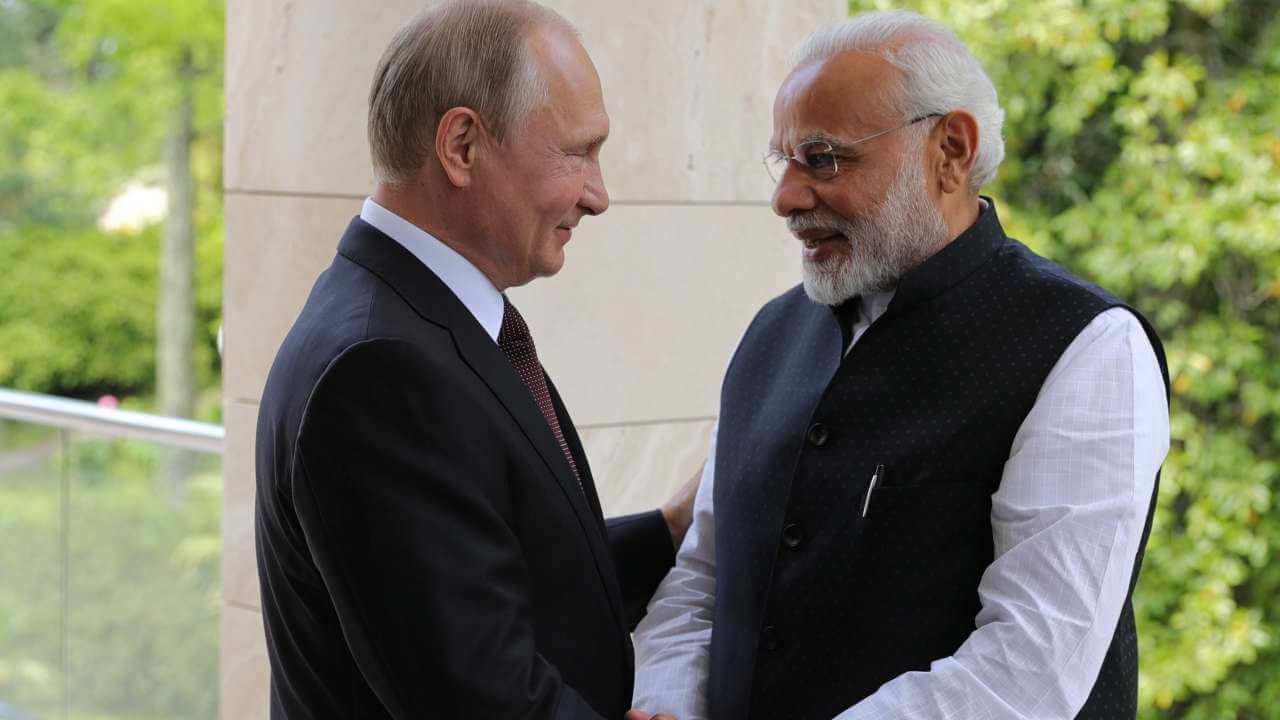India has taken the initiative to hold a trilateral meeting with Japan and Russia in the near future to strengthen cooperation in the resource-rich Russian Far East. The dialogue will be launched at the Track-2 level, which will include representation from the top three national think-tanks in India.
Russia has been seeking India and Japan’s presence and investment in the region for some time now. While Russia has been wary of the several groupings in the Indo-Pacific, it has sought greater involvement in the region. India and Japan are, however, part of several groupings in the Indo-Pacific region. These include the quadrilateral security dialogue between India, United States (US), Japan and Australia, popularly known as the “Quad,” and several other trilateral groupings like India-Japan-USA, India-Japan-Australia, India-Indonesia-Australia, and India-France-Australia. At the same time, India has also been interested in pursuing active cooperation with Russia.
Last year, the Indian External Affairs Minister S. Jaishankar expressed interest in these invitations and encouraged the participation of other countries across the region as well. “One is possibility of economic cooperation in Russian Far East because India has shown much greater willingness to be involved in economic projects there,” he had said at an event. In fact, Prime Minister (PM) Narendra Modi, too, visited Vladivostok in 2019 and announced a line of credit (LoC) of $ 1 billion for development projects in the Russian Far East region as part of India’s Act Far East foreign policy.
The Russian Far East is rich in a variety of natural resources like land, timber, mineral, tin, gold, diamonds, and oil and natural gas. Consequently, several initiatives have been announced by the Russian government to attract investment in the region. These include an agricultural special economic zone (SEZ) and the Vladivostok Free Port Project. Moscow has also invited countries to invest in the timber industry and the mining of mineral resources and precious metal deposits in the region.
While India and Japan have historically enjoyed warm relations, with the two signing a landmark defence supplies and services agreement last September that facilitated the “reciprocal provision” of logistical support between the two militaries, Russia’s relationship with both New Delhi and Tokyo has suffered to an extent in the recent past.
Last December, India and Russia cancelled the annual “India Russia Annual Summit” for the first time in 20 years, which is considered as the “highest institutionalised dialogue mechanism” between the two. Considering that the two countries had upgraded their bilateral ties to a “Special and Privileged Strategic Partnership” in 2010, the cancellation was viewed as a minor setback to burgeoning ties. Although both sides publicly stated that the summit was cancelled due to concerns about the COVID-19 pandemic, the developments came soon after Russia expressed its concern about India’s pro-US stand, specifically its participation in the “Quad” and the Indo-Pacific initiative.
Further, bilateral ties of Japan and Russia have also seen some friction in the recent past, as the Russian military announced early last December that it had deployed a battery of advanced air defence missiles to the Iturup island, which is a part of the four islands of the Southern Kuril archipelago that falls under Japanese territory. In response, Tokyo filed an official protest with Moscow through diplomatic channels.
However, keeping aside sporadic differences, the three are now seriously looking to explore growing interests in the energy deposits in the Russian Far East and seeking a way to facilitate other infrastructure and development projects in agriculture and natural resources.
India, Japan and Russia Look to Strengthen Trilateral Cooperation
India, Japan and Russia are planning on conducting a joint assembly to complement their rising trilateral partnership.
January 14, 2021

SOURCE: DNA
